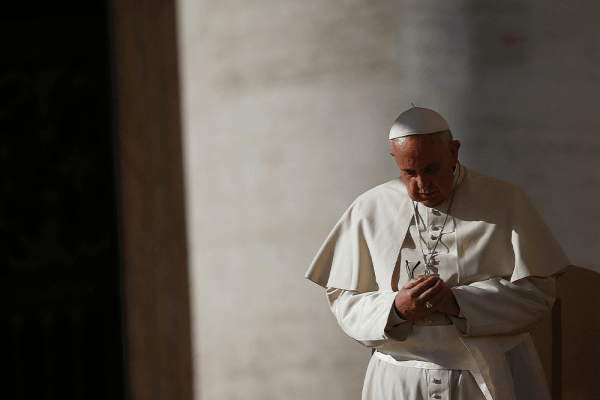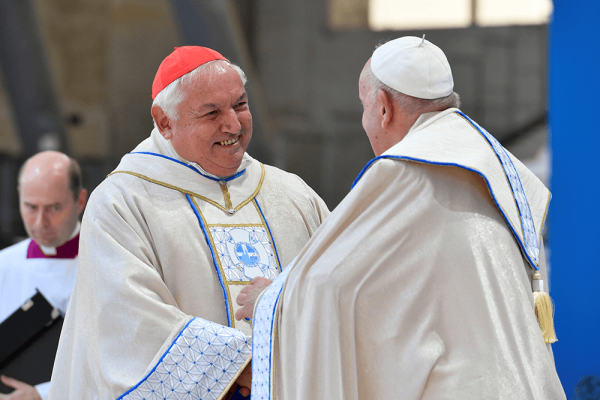JONATHAN GLAZER’S FILMS aren’t really stories; they’re experiences. His work is moody and image-driven. Plot matters less than concept, which often makes his work feel like it should be viewed in an art museum rather than in a theater. This is certainly true of his latest, The Zone of Interest, a loose adaptation of a novel by Martin Amis.
Glazer’s film follows a Nazi commandant and his family who live next door to Auschwitz. Theirs is a disturbingly wholesome life — a study in what philosopher Hannah Arendt called the “banality of evil,” the bureaucratic just-following-orders mentality that allows evil to proliferate. As such, it’s also a timely film to consider in the context of rising authoritarianism around the world.
The Zone of Interest centers the home life of fictionalized versions of real-life Auschwitz commandant Rudolf Höss (Christian Friedel), his wife, Hedwig (Sandra Hüller), and their five children. The family has learned to ignore the steady sounds of gunfire and human anguish next door. Hedwig is particularly proud of the home they’ve built, showing off its extensive gardens to her increasingly uncertain mother (Imogen Kogge). In his office, Rudolf meets with contractors about building more efficient ovens for executing prisoners, discussing the options matter-of-factly, as if they were blueprints for a parking garage.
Glazer shows these interactions with a chilly sense of remove reminiscent of the mundanity of Chantal Akerman’s 1975 observational classic Jeanne Dielman, 23, quai du Commerce, 1080 Bruxelles. In both films, there’s a growing sense of rage and dread. In The Zone of Interest, it’s represented in the sound design and bellowing score that tells you how Glazer — himself Jewish — feels about what he’s showing us. That rage sometimes bleeds into what we see: When a shot of a flower in the Höss family garden washes out into bright red light that takes over the screen, it’s like the film itself is breaking under the pressure of exerting restraint.
The Zone of Interest shatters the compartmentalization that allows us to say “we would never do that” and “it can’t happen here.” Glazer argues: It happened. There were more than 44,000 camps like Auschwitz. And it continues to happen. In an interview with The New York Times, Glazer said, “I wanted to dismantle the idea of [Höss and his family] as anomalies, as almost supernatural.” As he sees it, the Holocaust wasn’t an exceptional event carried out by exceptionally cruel people. The nationalistic attitudes that powered it still exist today. Hate crimes against Jews and Muslims are skyrocketing in the U.S. We must recognize that evil isn’t always the monstrous “other.” Evil is as common as a family playing on their lawn, willfully turning away from the screams next door.

Got something to say about what you're reading? We value your feedback!







